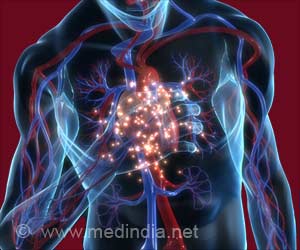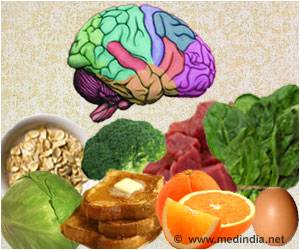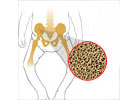Folate deficiency demystified, as the reason for a greater risk of disease in a certain group of people is explained.

‘Folate deficiency demystified, as the reason for a greater risk of disease in a certain group of people is explained by the defects in an enzyme called MTHFR, or 5,10-methylenetetrahydrofolate reductase. Identifying these genetic variant combinations might help in predicting the disease severity.’





Hence recognizing these individuals at an early stage, may help reduce the severity of the consequences. Defects in an enzyme called MTHFR, or 5,10-methylenetetrahydrofolate reductase may alter the function of folate, or vitamin B9, and lead to its deficiency. "The benefit of recognizing MTHFR deficiency early is that you can start preventative therapy, including a high folate diet, very early in life and prevent or reduce the most severe effects," says Fritz Roth, a professor of molecular genetics in the Donnelly Centre for Cellular and Biomolecular Research at the Temerty Faculty of Medicine and senior author on a new study into the genetic causes of the disorder.
Genetic Variant of Folate deficiency
The study team thereby set to explore all the possible MTHFR variants to identify the ones that don't function properly and therefore could impact health. It was found that as many as half of humans carry at least one copy of an MTHFR variant known as A222V (amino-acid alanine changed into valine at position 222), which significantly raises the disease risk. The variant can even impact the effect of other variants.
Having a folate-rich diet may be sufficient to stave off the risk of birth defects among 10% of women with this mutation. Thus identifying the interactions for variant combination before exhibited in patients, might help predict disease severity.
Advertisement
Source-Medindia













